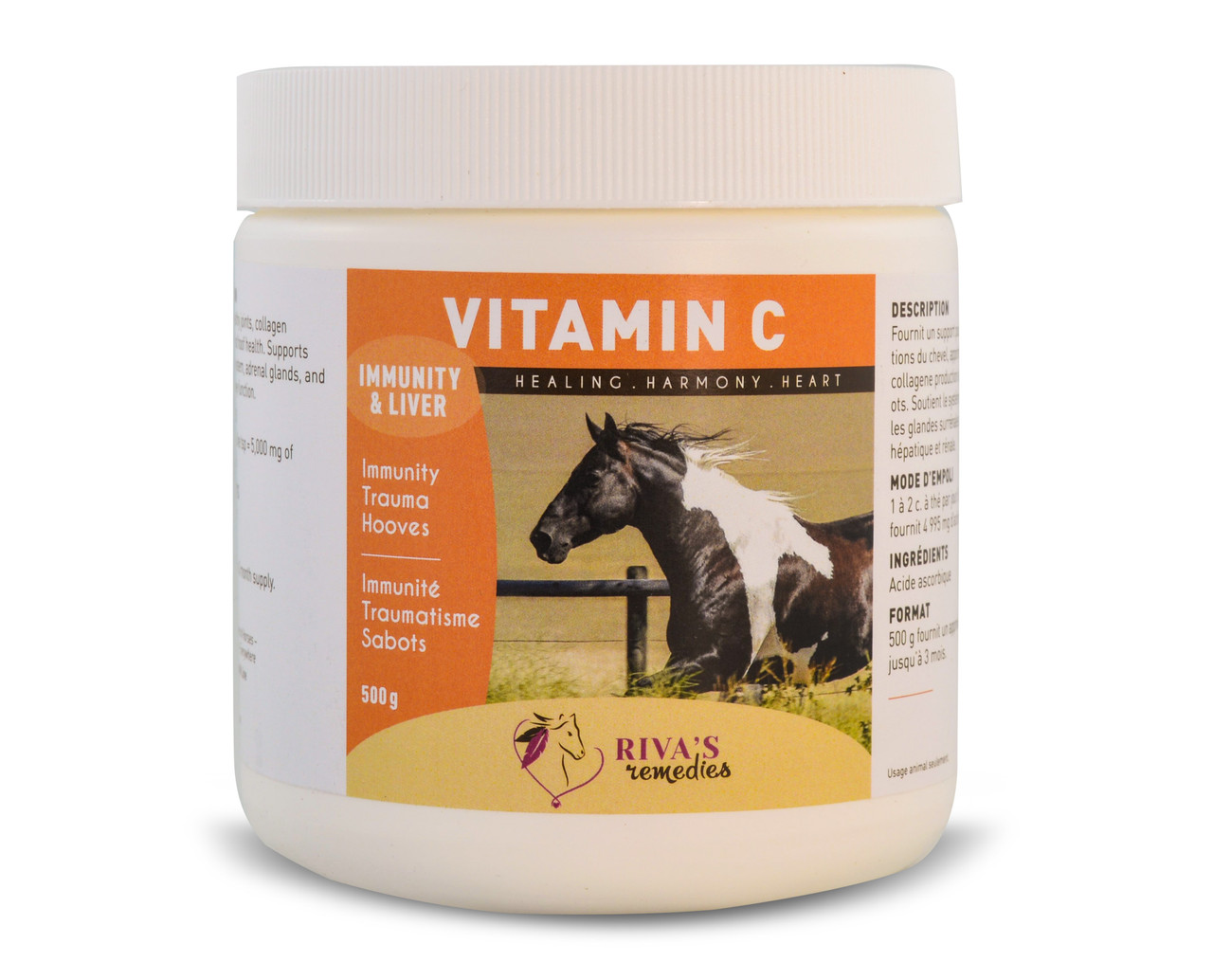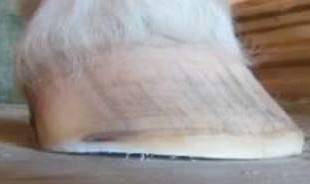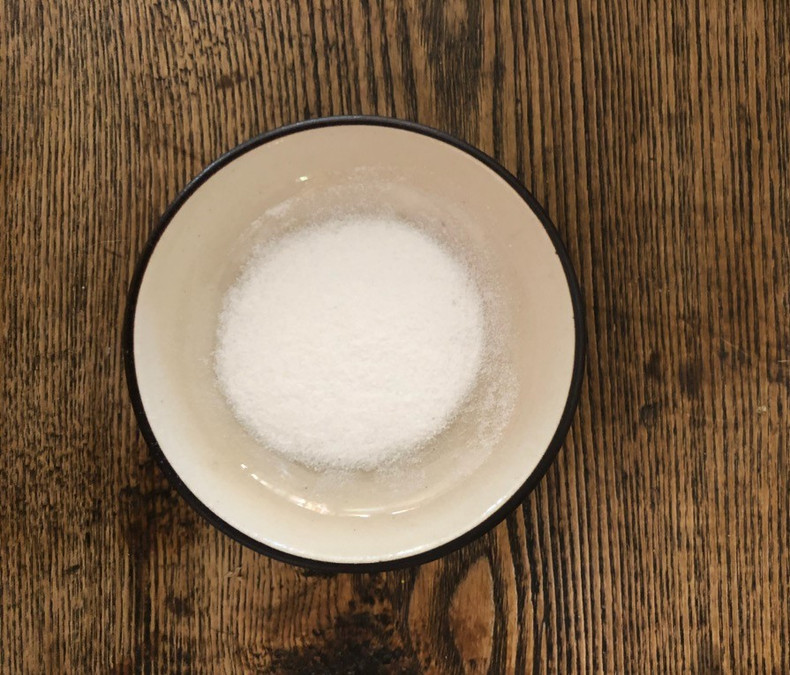The number of hoof related health problems has become an epidemic in the domestic horse populations and despite the best efforts of horse owners and hoof care practitioners to help them, that number continues to rise. One of the best explanations for this is that the trim isn’t always the primary cause of hoof problems. I have worked with many horses that receive regular healthy trims by qualified hoof practitioners, yet the condition of the hooves continues to decline, and the soundness issues persist.
Don’t get me wrong, a healthy trim is critical to the health of every hoof, but it is as equally important to ensure the hooves are receiving the right nutrients in therapeutic dosages.
There are many nutrients that are important for healthy hooves. The most common hoof-specific nutrients we hear about today are minerals such as selenium, biotin, zinc, and copper. However, there is another hoof nutrient that is essential for healthy hoof function that is much less talked about. That nutrient is vitamin C.
Signs of Vitamin C Deficiency in Horses
Horses that are deficient in vitamin C often have hooves with soft soles, chronic bruising, cracking, or an inflamed lamina. However, if you look at the rest of your horse’s health profile, you may notice that they are showing other signs of deficiency, as well. More general signs of a vitamin C deficiency can include fatigue, weakness, adrenal burnout, poor wound healing, chronic infections, poor immunity, or swollen and tender joints.
Vitamin C Requirements for Horses
 Vitamin C or ascorbic acid is a water-soluble
compound that horses manufacture themselves. For this reason, it is commonly
thought that it is impossible for horses to be deficient, much less benefit
from it. We assume that they don’t require dietary or supplemental dosages to
satisfy their requirements. However, this is not necessarily the case.
Vitamin C or ascorbic acid is a water-soluble
compound that horses manufacture themselves. For this reason, it is commonly
thought that it is impossible for horses to be deficient, much less benefit
from it. We assume that they don’t require dietary or supplemental dosages to
satisfy their requirements. However, this is not necessarily the case.
In addition to the fact that every horse has individual nutrient requirements based on age, lifestyle, and a unique health profile, there are several different factors that determine how much vitamin C a horse requires for good health. Factors that increase demand include stress, toxicity, inflammation, illness, and poor nutrient absorption. Thus, if the demands are high and the body can’t synthesize enough vitamin C, the tissues, organs, and body systems become depleted and don’t function the way they should.
The Role of Vitamin C in Hoof Health
Vitamin C has numerous other important roles in the body. However, one of the most significant roles is to support the adrenal glands. In fact, the adrenal glands have the highest requirement for vitamin C than any other organ in the body. Supporting the adrenal glands is necessary for horses because they are responsible for initiating the stress response. As prey animals, horses are extremely prone to stress-related health problems.
When there is any kind of stress; physical, emotional, or environmental, the adrenal glands release specific hormones such as adrenaline and cortisol to prepare the body for fight or flight. This serves the horse well in the short-term. However, in periods of long-term stress, such as for horses with sore feet and chronic laminitis, cortisol levels remain elevated in an attempt to control inflammation. The over-production of cortisol not only perpetuates adrenal “burnout,” but because it is catabolic, it also breaks down body tissues including the lamina. This is bad news for the laminitic horse whose lamina are already weak and inflamed.
Vitamin C is also a key player in the formation of collagen. Collagen is the main component of all connective tissues in the body, including the hoof wall. Consequently, vitamin C is an important nutrient required to maintain the integrity of the hoof wall by promoting a strong, healthy network of collagen fibres.
In addition, vitamin C forms the collagen that make up the blood vessel walls. The healthy function of the hoof relies on an intricate network of blood vessels that facilitate shock absorption, regulates blood flow, delivers nutrients, and removes toxins through the lymph tissue. Making sure these blood vessels walls are strong is essential to proper hoof function. Strengthening the blood vessels can also prevent bruising which occurs if the vessel walls become overly weak and damaged. In fact, easy bruising and slow wound healing are a common sign of vitamin c deficiency in horses.

How to Supplement Horses with Vitamin C
The best form of vitamin C to choose is ascorbic acid. This is the form that horses manufacture naturally, so it goes without saying that it is the form that is most bioavailable. A suitable dosage for a horse is 5,000 mg daily. Our Vitamin C is in the ascorbic acid form and 1 tsp is the equivalent of 5,000 mg.
Vitamin C supplementation is best given short-term, as long-term supplementation can interfere with the absorption of other minerals such as selenium and copper. Four weeks of supplementation is enough time to correct a pre-existing deficiency, strengthen hooves, and demonstrate other therapeutic benefits.

Elisha Edwards, B.Sc., MBA, DHMS (student) is an Equine Diet & Nutrition Specialist, Scientist, Educator, and student of Homeopathy.
Elisha is passionate about delivering safe and effective health care to all animals, but horses and dogs have a special place in her heart. She believes that through education and awareness of natural animal health, we can drastically improve their quality of life and longevity. She invites all of us to join her on her quest to make the world a better place for all animals.

